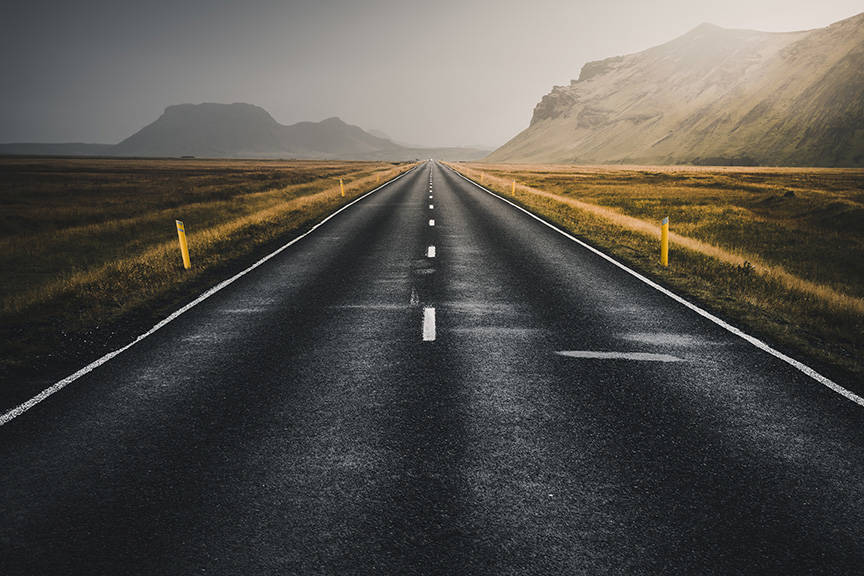I was born in Fairbanks and raised in the Brooks range, just a few miles from the Ambler Road Proposal A. I spent my childhood immersed in a vastly untouched wilderness, living off the land with my parents and brother.
Gathering firewood, chipping ice out of the lake for water, cutting up moose meat, picking berries; this is how families live here. The Lower 48 is in awe of Alaska because we truly are the last great state. We care about our caribou, our moose and our fish. We care about our people, our women and children.
When I grew up, I went into the field of social work. I’ve spent my adult life working in detox centers, abused women’s shelters and advocating for victims of violent crime. I have sat and held the hands of women and children who have flown in from the villages after experiencing sexual assault or domestic violence.
And it concerns me to see the complete lack of awareness that AIDEA (Alaska Industrial Development and Export Authority) has for the negative social impact this road will bring to the people of the Kobuk and Koyukuk Valleys. Their promises are empty, just like they were empty for the people of Nome when the Rock Creek Mine came to their region. The deputy magistrate confirmed that rates of sexual assault “skyrocketed” once the mine settled in.
Over half of Alaskans have been traumatized by sexual assault or domestic violence. Alaska Native women continue to suffer the highest rates, up to 10 times higher than in the rest of the United States.
Studies have shown that when mines are built, the communities closest suffer from increased rates of alcoholism, domestic violence and sexual assault. The villages in proximity to this proposed road and this potential mine(s) do not have the resources to support the influx of miners, truckers and “man camps” that will follow. I greatly fear for the women and children in every village that comes close to the proposed Ambler Road.
I strongly urge The Bureau of Land Management to address the following questions:
1. How will you ensure the safety of the women and children living in the communities within proximity to this proposed road and the mine(s) that will follow?
2. What security measures will be taken to ensure that alcohol or drugs will not be bootlegged into these communities via this road by truckers or poachers?
3. AIDEA has proposed a staffed gate at the Dalton Highway end which is unlikely to be effective prevention for trafficking drugs, alcohol and other prohibited substances. What security measures will you take to keep poachers off the road that may want to move drugs or alcohol into these native communities and/or “man camps”?
4. How will you prevent alcohol or drugs from being put into the rivers and streams that connect to these communities as a way of gaining access to the villages?
5. How will you prevent the potential for sex trafficking on this road into the mine(s) or the “man camps”?
6.When more police officers and VPSOs are needed, who will pay for this?
7.How will you research and document and mitigate the potential for negative social impact on the indigenous people in the region of the proposed road?
• Rachael Gaedeke is a resident of Anchorage. Columns, My Turns and Letters to the Editor represent the view of the author, not the view of the Juneau Empire.

